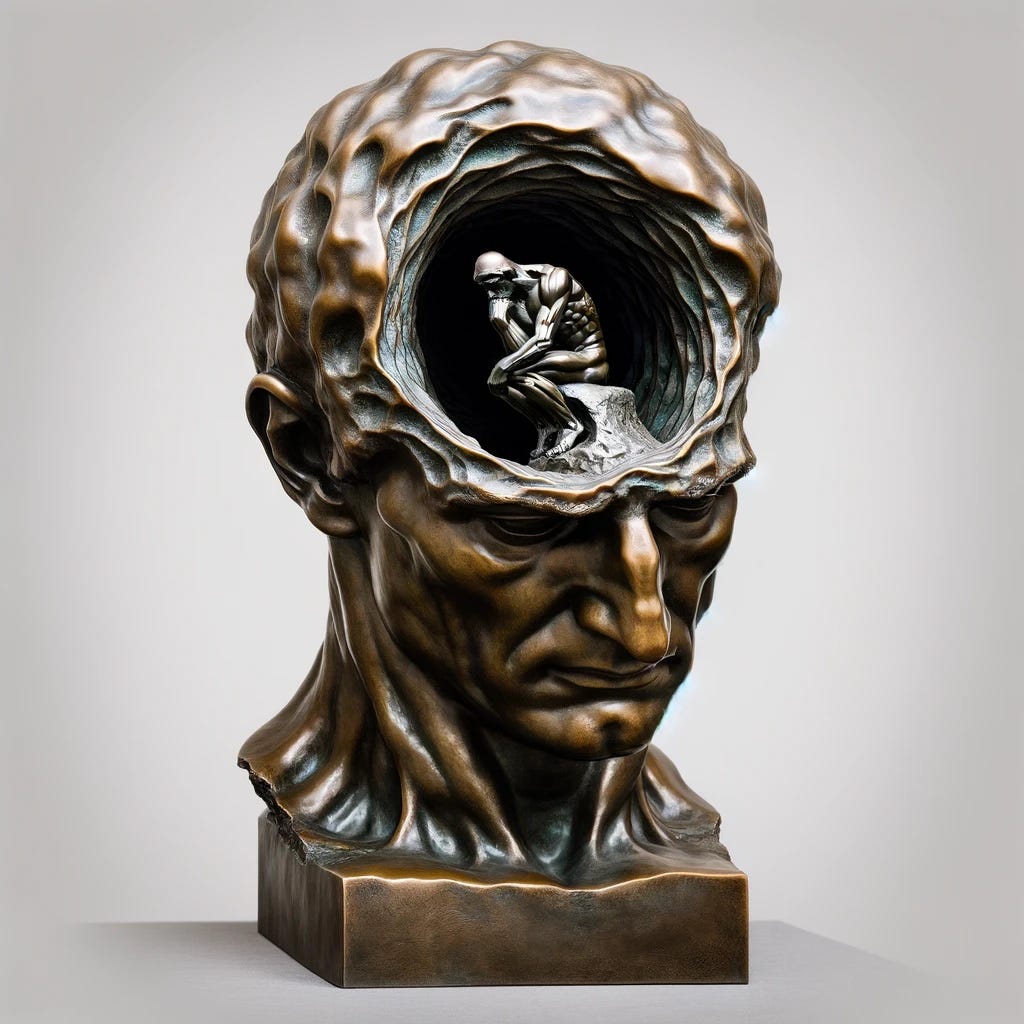Overthinking is one of my favorite things to think about.
We humans do an awful lot of thinking. You might even argue that thinking is the thing we do best, but it’s easy to have too much of a good thing.
Thinking too much about a problem you can’t solve can lead to problems in your body, like higher blood pressure and inflammation. Your body’s immune system can be weakened, and stress can even lead to heart disease.
Thinking too much at night can keep you awake. You can lose out on sleep, and that can really mess you up.
Today, I want to look at more literal examples, though. These are cases where people thought way too much about something, and then lived to regret it. No, their brains didn’t explode, but they clearly would have been a whole lot better off if they had just stopped thinking so much.
The Battle of Red Cliffs stands out as a great first example. After decades of relative stability, the Eastern Han Dynasty was crumbling, leaving a power vacuum that ambitious warlords so…
Keep reading with a 7-day free trial
Subscribe to Goatfury Writes to keep reading this post and get 7 days of free access to the full post archives.




